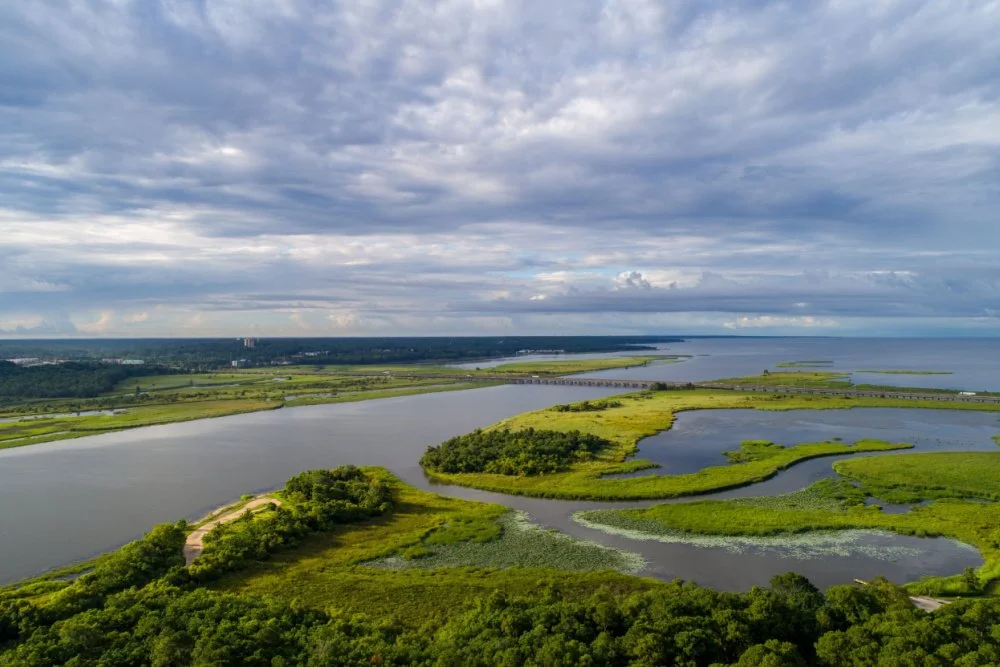Bloomberg’s Latest Tool in the Trump Fight—Helping States Wage Legal Battles
/New York State Attorney General Eric Schneiderman
As left-leaning and moderate donors and foundations alike have scrambled to respond to the Trump agenda, they’ve typically done so through the work of NGOs.
Michael Bloomberg’s taken some different angles so far, in that he’s sought to fortify other government entities to compensate for or push back against damage done by a federal government in crisis. The biggest example has been Bloomberg’s $200 million program to elevate mayors as problem solvers and national leaders.
Related: Blue Dots: A Big Philanthropic Bet Spotlights the Promise and Limits of Cities
Now, Bloomberg Philanthropies is turning to a different avenue, this one an even more explicit shot at the administration, by funding support for states fighting the federal government, likely through lawsuits, over the gutting of environmental regulations.
With a $6 million grant, Bloomberg has funded NYU Law’s State Energy & Environmental Impact Center, a project led by former Obama and Clinton official David Hayes, to back state attorneys general taking legal action in defense of environmental protections. It’s not necessarily just about suing, as the center will provide legal assistance to AGs regarding administrative, judicial, or legislative matters related to clean energy, climate change and other environmental interests. The project will provide legal resources and advice, coordinate multiple AG offices, and fund 10 lawyers as fellows to work on cases in different states.
With a reckless administration in the White House, and a legislative branch controlled by a mostly supportive or toothless GOP, the courts have served as a bulwark against Trump’s agenda. On just about every major front, the administration is being sued, creating a “shooting gallery of litigation targets.”
Trump and his administration are facing lawsuits related to the ban on immigrants from mostly Muslim countries, student debt and for-profit colleges, violations of the emoluments clause, the commission investigating false claims of voter fraud, slashed funding to cities that won’t provide resources for deportation efforts, and many more.
Environmental issues, in particular, are fertile ground for lawsuits against the federal government, even pre-Trump, with states often leading the charge. For example, a lawsuit against the George W. Bush administration’s EPA over greenhouse gas emissions became a landmark case. Scott Pruitt is now serving as head of the EPA, but before that, made a career out of suing the agency over Obama-era environmental regulations.
And now, Trump is vigorously undoing environmental regulations and commitments in well over a dozen cases, from the Paris Agreement to an especially timely mandate to account for rising sea levels in infrastructure projects. Obama’s Clean Power Plan, a historic federal effort to regulate emissions from power plants, sits on the brink of rollback, and will continue to be the subject of fierce legal fights.
Environmental groups are leading the judicial charge, but so are states, and court battles are costly. That’s where the State Impact Center comes in. It’s a nonpartisan, Bloomberg-funded initiative, but given the split along party lines on environmental issues and climate change, it will likely provide backup to Democrats in states suing the Trump administration.
Just as suing the feds isn’t a tactic Democrats invented, Bloomberg isn’t the first donor to recognize the power of state attorneys. The Washington Post cites Center for Responsive Politics figures that the Republican Attorneys General Association received $19 million during the 2016 election cycle, compared to about $6.7 million going to Democratic Attorneys General Association. AGs in 43 states are chosen by popular election, as opposed to being appointed by governors.
Litigation is not foreign terrain for philanthropy, either, although it can be a long, pricey, and risky route to creating change. For example, as IP editor David Callahan points out in his book The Givers, a landmark court fight against teacher tenure laws, Vergara v. California, was spearheaded and largely bankrolled by Silicon Valley entrepreneur Dave Welch.
As in many aspects of government, whether running for office or lobbying policymakers, a big part of success in the courts means having a lot of money to back you up. Turns out, that’s even the case when one government body is battling it out with another, as with state AGs fighting Trump.
More progressive, and even purple and red states that have to deal directly with the profound damage of the Trump administration need all the help they can get right now, including pro bono assistance from a law school. And these cases are essentially public interest law, working to defend the health and well-being of these states' residents. But the formation of the center is also another unexpected example of the ways philanthropy is impacting events on the national stage.
Related:



















